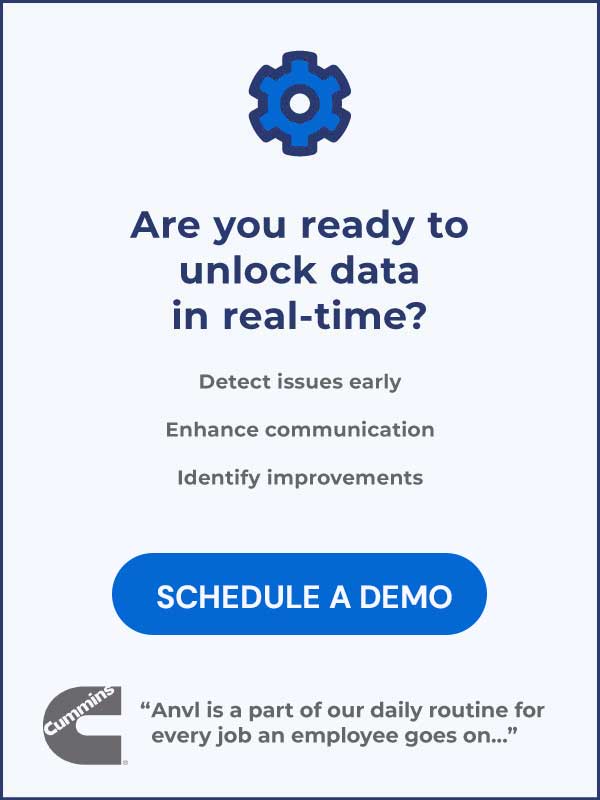Just as it’s commonly accepted that leaders “are made, not born,” it’s true that certain principles apply to success, no matter what the field. These basic principles apply equally to plant managers and corner suite executives of multi-million-dollar companies. Specifics differ substantially, but the common thread is prioritizing the needs of the people. Successful managers put people first. Always. Here’s a closer look of the commonalities among successful plant managers.
A Great Plant Manager Values People as Individuals
One of the best ways to learn about workers’ needs is to spend time with them in the production area. A manager who “walks the floor” during a regular shift, inviting questions and comments, promotes an atmosphere that is non-threatening and non-judgmental. Improved communication and an ability to reinforce the company’s core values are immediate results. A bonus is that this type of rapport facilitates goal setting and achievement, leading to better efficiency and improving overall performance.
Regular interaction with line workers pays dividends in other ways as well. It helps managers to identify potential problems. Those insights can be quantified and called upon to engage the workforce and build cohesive teams, to enhance individual motivation and to promote “best efforts.”
We utilize the term “Everyday Sensegiving” deemed by research from the University of Nebraska to describe this trait. The premise is that managers can embrace a transformative ideal and offer workers reasons to believe that the work they perform is meaningful and impactful to the organization.
A Great Plant Manager Analyzes Needs and Defines Specific Goals
A great plant manager is able to judge performance, recognize trends, react to problems, refine schedules and adopt necessary changes to the manufacturing process without a slowdown or a showdown. A manager must be able to consider contingencies and manipulate expectations. People are routinely resistant to change, and it is a learned skill to gain support for even small changes to a manufacturing routine. Plant managers who listen to the concerns of their workers and respect their needs are always better able to institute needed change, communicate schedule revisions, introduce new visions and gain worker “buy-in” for specific goals.
Without this workforce support, change can be an uphill battle at best. The ability to define, communicate and “sell” workers on new ideas can become a driving force for excellence within an organization, becoming a group effort rather than a directive.
Successful plant managers make meaningful connections, establish trust and promote mutual respect. They are open to suggestions and feedback, and they validate workforce concerns and forge actionable solutions.
A Great Plant Manager Learns How to Motivate
It is sometimes said that the two most important words available to establish authority as a leader are “I understand.” Think about that. Successful managers subscribe to the notion that putting people first pays dividends in terms of more efficient performance, higher production, increased sales and a healthy bottom line. But the concept invariably involves learning and understanding the underlying needs of your workers.
If you spend the time necessary to see them as individuals rather than a nameless, faceless crowd, you will be a giant step ahead of the manager who remains aloof. Think of ways to incentivize workers to meet goals and develop new competencies. Institute a suggestion box. Take team leaders out for coffee. Schedule a monthly recognition meeting. Motivation derives naturally from understanding.
Whether you advance through the ranks or arrive at your management position along another path, you first need to “get your feet wet” so that you feel comfortable in your position. Then, strive to improve your own skills and motivate others by being your best self. Share your own doubts and worries occasionally if it seems appropriate. Acknowledge superior performance, whether on the production line or not. Give an “attaboy” to a worker who earns a non-work-related honor. Communicate your trust. Remain positive and purposeful. Offer sympathy to a worker who suffers personal hardship or loss.
Encourage friendly competition; foster team spirit but recognize personal achievement. Communicate your company’s “big picture” and reward loyalty. Identify talent. Be transparent in your dealings. Deal honestly and fairly with all workers at all times.
A Great Plant Manager Explores Digital Tools for Success
Modern business practices call for digital transformation. No matter what the field, there are digital solutions designed to make the role of managing other people more intuitive and more effective. A smart and successful plant manager will use these tools and take advantage of outside data sources to enrich understanding, ease the demands of supervising others and implement positive change in the work environment.Anvl solutions will help you boost your success by supplying the data and the digital tools necessary to excel in your role as plant manager. We will help you capture the right data, connect with your workers in vital and transformative ways and re-envision company culture. Request a demo and schedule an appointment to learn more about how Anvl can contribute to your effectiveness.


